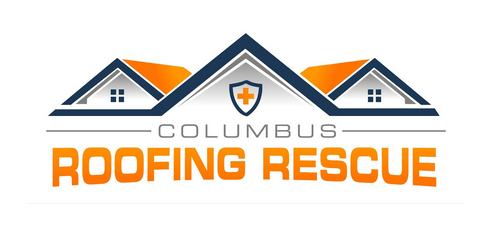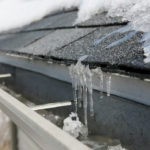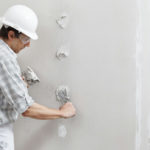
Common Signs of Foundation Problems
You have invested your money and time into creating a perfect house for you and your family. But what happens when your home shows signs of wear and tear? One of the most significant issues that can come about is foundation problems. These can be costly, time-consuming, and even dangerous if left untreated. In this article, we’ll explore five common signs of foundation problems you should know. We’ll cover everything from cracks in your walls to uneven floors. Keep reading to learn more.
What is a foundation problem?
Your home’s foundation is the base upon which everything else is built. It’s the structure that supports your walls, your roof, and everything in between. When your foundation is compromised, it can cause problems with the stability and safety of your home. Your house foundation problems can be caused by various factors, including poor soil conditions, water damage, and even poor construction practices. Whatever the cause, it’s essential you understand the signs of foundation problems before the issue becomes more severe.
Sign #1 – Cracks in walls and floors

One of the biggest signs of foundation issues is cracks in your walls and floors. These cracks can be caused by many factors, including settling, shifting, and moisture damage. In some cases, cracks may be minor and can be easily repaired. However, if the cracks in the wall are large or located near your foundation, it may indicate more serious structural issues. Some signs to look out for are cracks that are wider than 1/4 inch, cracks that are wider at one end than the other, or cracks that are accompanied by other signs of foundation problems.
Sign #2 – Uneven floors
Another common sign of foundation problems is uneven floors. If your floors are sloping or sagging, it’s probably a sign that your foundation is settling or shifting. Uneven floors can be caused by a few things, including poor soil conditions, water damage, and even poor construction practices. Sometimes, the issue may be minor and can be corrected with simple repairs. However, the problem may require more extensive repairs or a complete foundation overhaul if it is more severe.
Sign #3 – Doors and windows that won’t close properly

If your windows and doors are sticking or won’t close properly, it may be a sign of foundation problems. As your foundation settles or shifts, it will cause your windows and doors to become misaligned, making them difficult to open and close. If you notice that your windows and doors are not functioning properly, a professional must assess your foundation.
Sign #4 – Gaps between walls and ceilings
Another sign of foundation problems is gaps between your walls and ceilings. If you notice gaps or spaces between your walls and ceilings, it’s probbaly a sign that your foundation is shifting or settling. This can be a serious problem and affect the stability and safety of your home. In some cases, gaps may be minor and can be repaired with simple caulking. However, if the gaps are more severe, it may require more extensive repairs.
Sign #5 – Mold and mildew growth
Finally, if you notice mold or mildew growth in your home, it might be a sign of foundation problems. Moisture will seep into your home through the cracks in your foundation, leading to mold and mildew growth. Mold and mildew can cause health problems.
Causes of foundation problems
Foundation issues can be caused by various factors, including poor soil conditions, water damage, and even poor construction practices. These things can cause foundation issues:
Poor soil compaction
Soil erosion
Water damage
Poor drainage
Shifting soil
Tree roots
Poor construction practices
Prevention and maintenance tips
The best way to prevent your home from foundation problems is to take proactive steps to maintain your home’s foundation. Here are some helpful tips to help you keep your foundation in good condition:
Keep gutters and downspouts and gutters free of debris
Ensure that your yard is properly graded to prevent water from pooling -around your foundation
Fix any plumbing leaks ASAP
Install a sump pump to keep water from entering your basement
Have your foundation inspected by a professional
When to call a professional
If you notice signs of foundation problems mentioned in this article, a professional must assess your foundation. A foundation expert can help you determine the cause of the issue and recommend the best course of action. Some warning signs to watch out for:
Cracks wider than 1/4 inch
Doors and windows that won’t close properly
Uneven floors
Gaps between walls and ceilings
Mold and mildew growth
Conclusion
Your home’s foundation is the most essential components of your house. If it’s compromised, it can lead to a host of problems that can affect the stability and safety of your home. By being aware of the signs of foundation problems, you can take proactive steps to address any issues before they become more severe. Call a professional to assess your foundation if you notice any of these things mentioned in this article. With the proper care and maintenance, you can keep your foundation in good condition and ensure your home’s long-term safety and stability.



